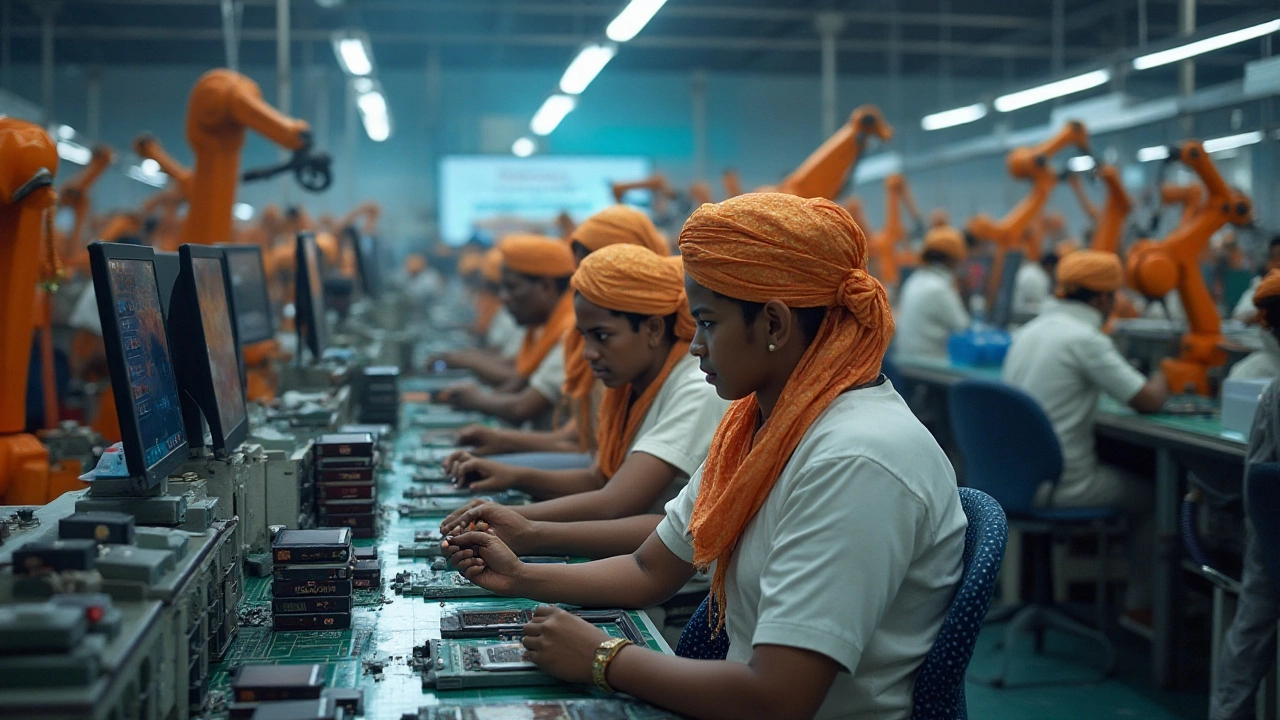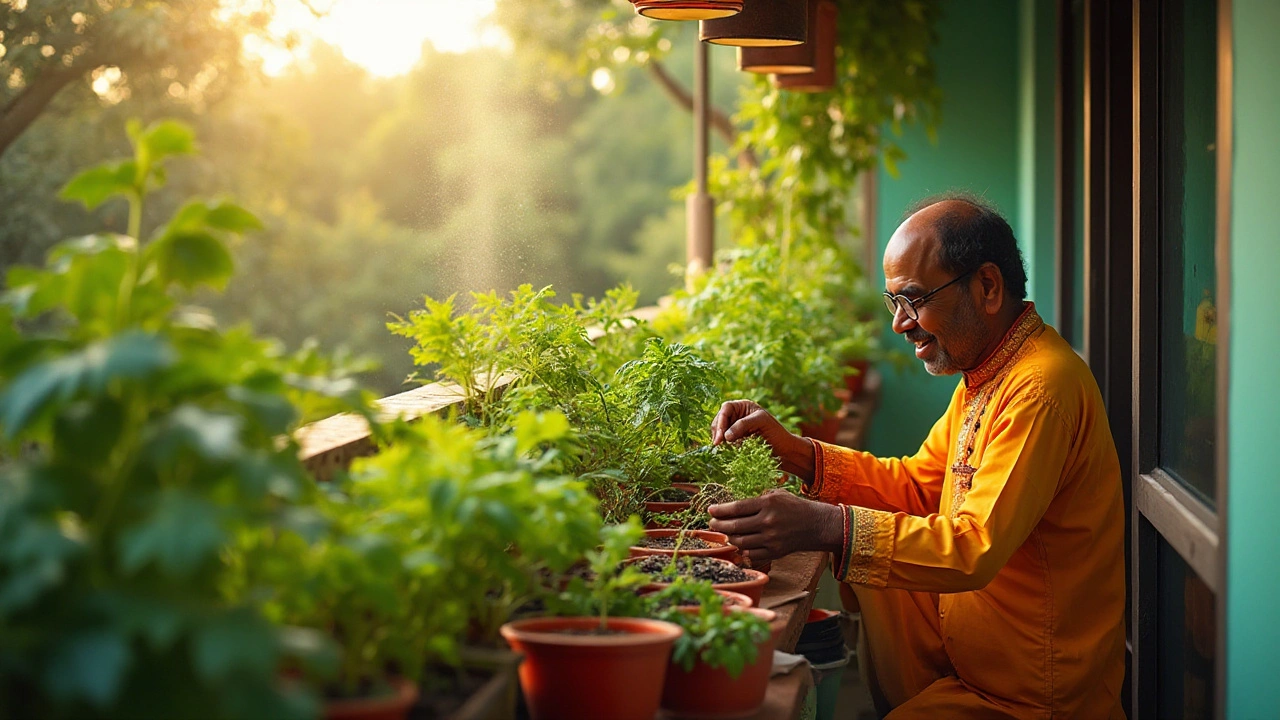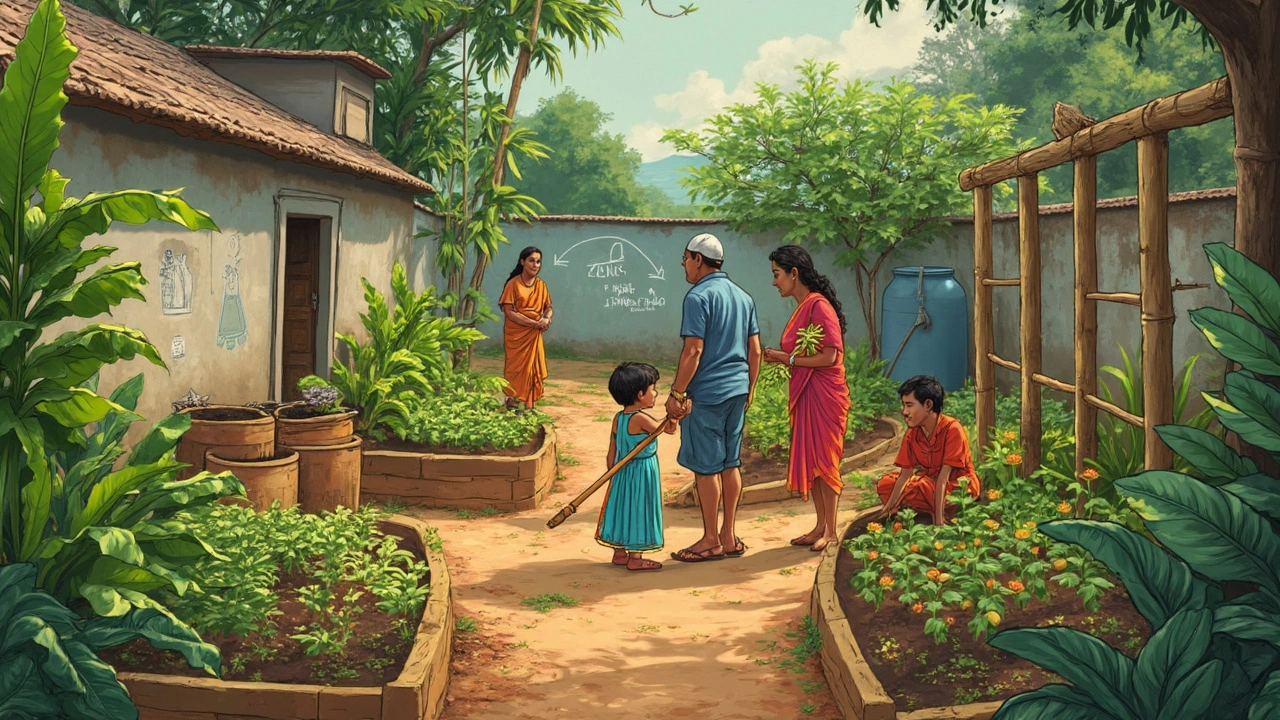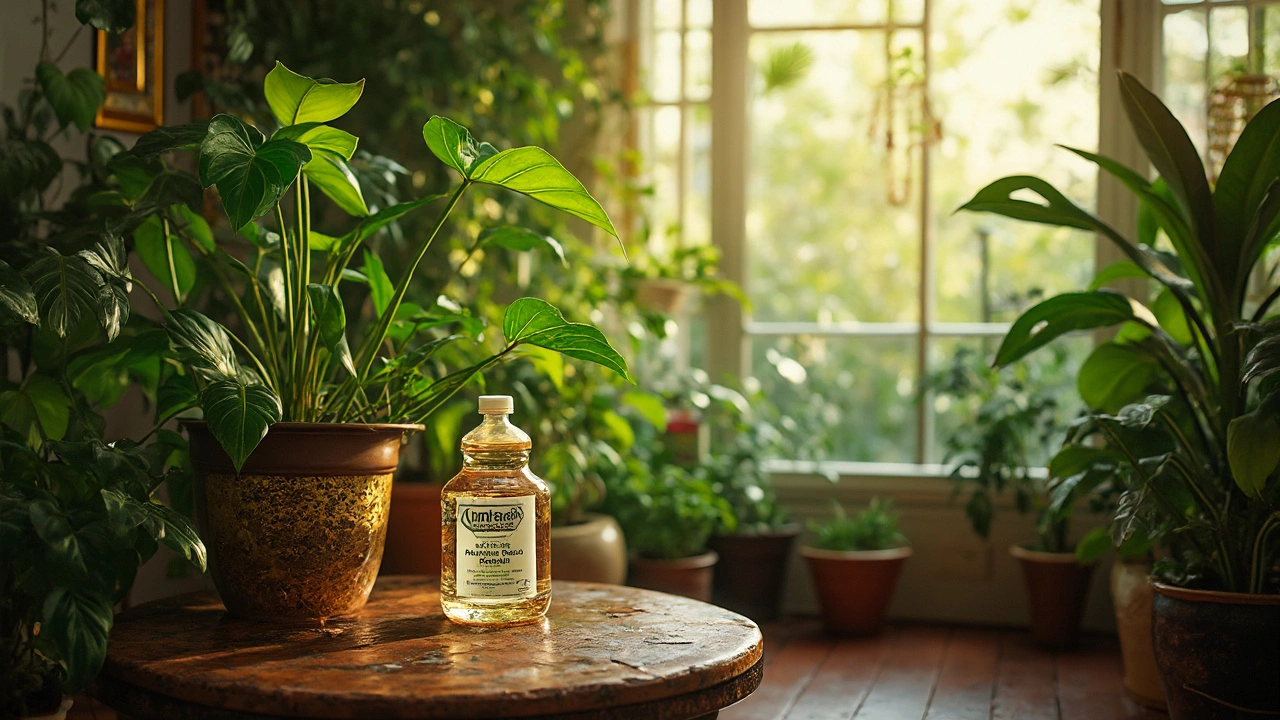Organic Waste: Turning Trash Into Resource
When working with Organic Waste, the biodegradable material that comes from kitchens, gardens, farms, and some industrial processes. Also known as biodegradable waste, it organic waste plays a key role in reducing landfill pressure and feeding the soil. In a circular‑economy mindset, organic waste isn’t an end‑point; it’s a feedstock that can be transformed into useful products.
One of the most effective ways to capture value is Composting, a controlled aerobic decomposition method that turns food scraps, leaf litter, and crop residues into nutrient‑rich humus. Composting organic recycling not only diverts waste from dumps but also creates a soil amendment that boosts plant growth, improves water retention, and reduces the need for chemical fertilizers. The process links directly to soil health—a healthy soil ecosystem relies on the steady input of organic matter.
Speaking of soil, Soil Health, the ability of soil to sustain plants, filter water, and support organisms is amplified when composted organic waste is added. Better soil structure means roots can breathe, microbes thrive, and crops yield more. In Indian gardens, where water scarcity often hits hard, richer soil can hold moisture longer, cutting irrigation needs and supporting sustainable practices like no‑till gardening.
Why the Circular Economy Matters
Circular Economy, an economic system aimed at eliminating waste by keeping resources in use for as long as possible treats organic waste as a resource rather than a problem. By integrating composting, biogas production, and even biodegradable plastics, businesses can close loops that were once open. For manufacturers, using compost‑derived inputs or waste‑derived energy reduces carbon footprints and aligns with sustainability goals. For gardeners, the same principles mean less reliance on synthetic inputs and a healthier backyard ecosystem.
Across the articles we’ve gathered, you’ll see real‑world examples: from daily watering tricks for container gardens that rely on moist, compost‑enhanced soil, to zero‑waste fruit ideas that use every part of the produce, to manufacturing case studies where organic waste streams power factories. All of these pieces show how a single concept—organic waste—connects to composting, soil health, circular‑economy strategies, and even innovative material‑use in industry. Dive into the posts below to discover practical tips, data‑driven insights, and step‑by‑step guides that help you turn waste into wealth.
Eggshells in Compost: Green or Brown Material?
In composting, understanding the type of waste you are handling is crucial for efficient decomposition. Eggshells, often seen in our kitchen waste, pose the question of whether they belong in the green or brown category of compost materials. This article explores the role eggshells play in the composting process, their benefits, and how to best incorporate them into your compost pile. Discover interesting tips on maximizing their effectiveness in creating rich, fertile compost.
- manufacturing
- India
- food processing
- garden tips
- rice cultivation
- government schemes
- balcony garden
- urban gardening
- balcony gardening
- profitable business
- business ideas
- plastic manufacturing
- drip irrigation
- plant care
- steel manufacturing
- sustainable gardening
- startup ideas
- steel industry
- flower gardening
- textile manufacturers






